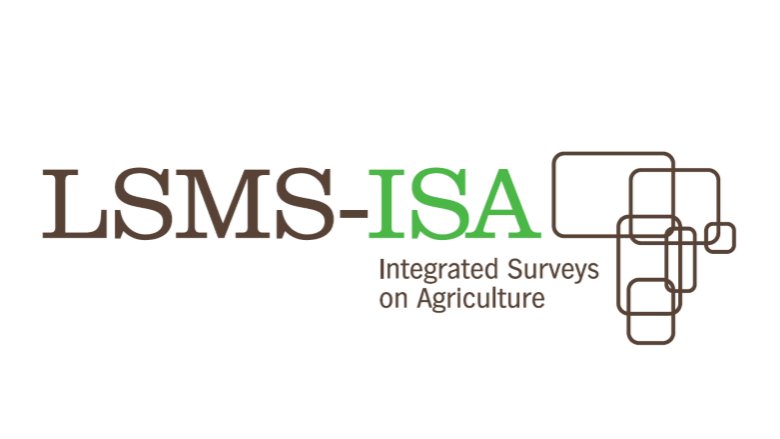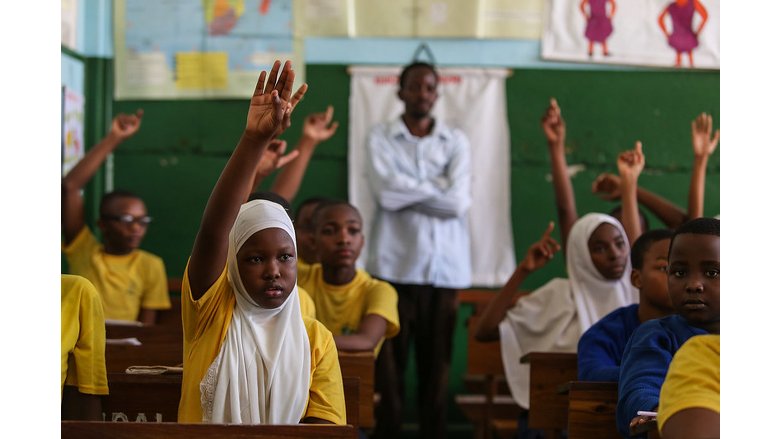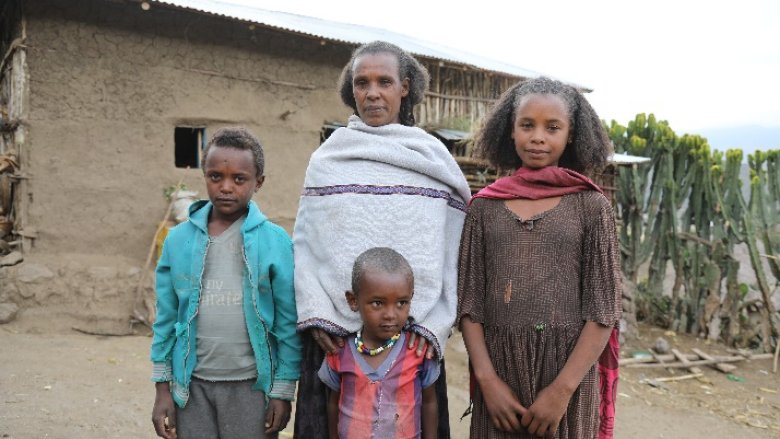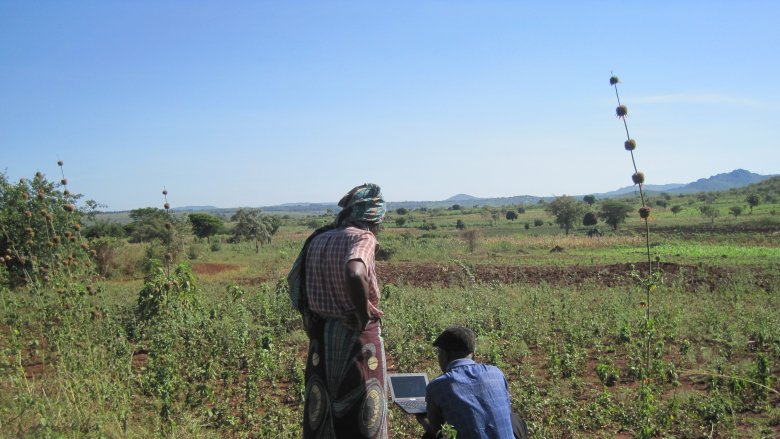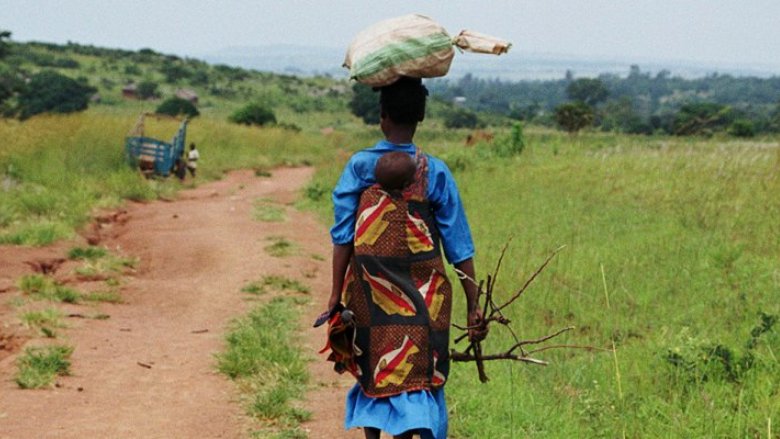Sampling and Survey Design
The TZNPS sample for the first round was 3,265 households, half of whom had been surveyed for the 2007 Tanzania Household Budget Survey (THBS). The sample is representative for the nation as a whole, and provides reliable estimates of key socioeconomic variables for mainland rural areas, Dar es Salaam, other mainland urban areas, and Zanzibar.
In the second round, all original households were targeted for revisit. Those members still residing in their original location were re-interviewed, and all adults who had relocated were tracked and re-interviewed in their new location with their new households. The sample size for the second round subsequently expanded to 3,924.
The third round adhered to the same tracking protocol as the second round resulting in a final sample size of 5,015 households.
In the fourth round, the sample was refreshed. The refreshing of the longitudinal sample realigns the sample with changes in administrative boundaries, demographic shifts and updated population information. Similar to the sample in NPS 2008/2009, the sample design allows analysis at 4 primary domains of inference, namely: Dar es Salaam, other urban areas on mainland Tanzania, rural mainland Tanzania, and Zanzibar. The new sample consists of 3,352 households corresponding to 419 EAs from the latest PHC in 2012. This new cohort in NPS 2014/2015 will be maintained and tracked in all future waves between national censuses.
The sample design for the NPS-SDD 2019/20 targeted the sub-sample of households from the initial NPS cohort originating in 2008/09 and subsequently surveyed in all four consecutive rounds, considered the “Extended Panel”. This consisted of 989 households from the NPS 2014/15 sample to be tracked and interviewed in the NPS-SDD 2019/20.
Questionnaire Design
The TZNPS Year 1 (2008-2009) instruments include the following:
The TZNPS Year 2 (2010-2011) instruments include the following:
The TZNPS Year 3 (2012-2013) instruments include the following:
The TZNPS Year 4 (2014-2015) instruments include the following:
The National Panel Survey 2008-2015, Universal Panel Questionnaire instruments include the following:
The National Panel Survey 2019-2020 - Extended Panel with Sex Disaggregated Data instruments include the following:

